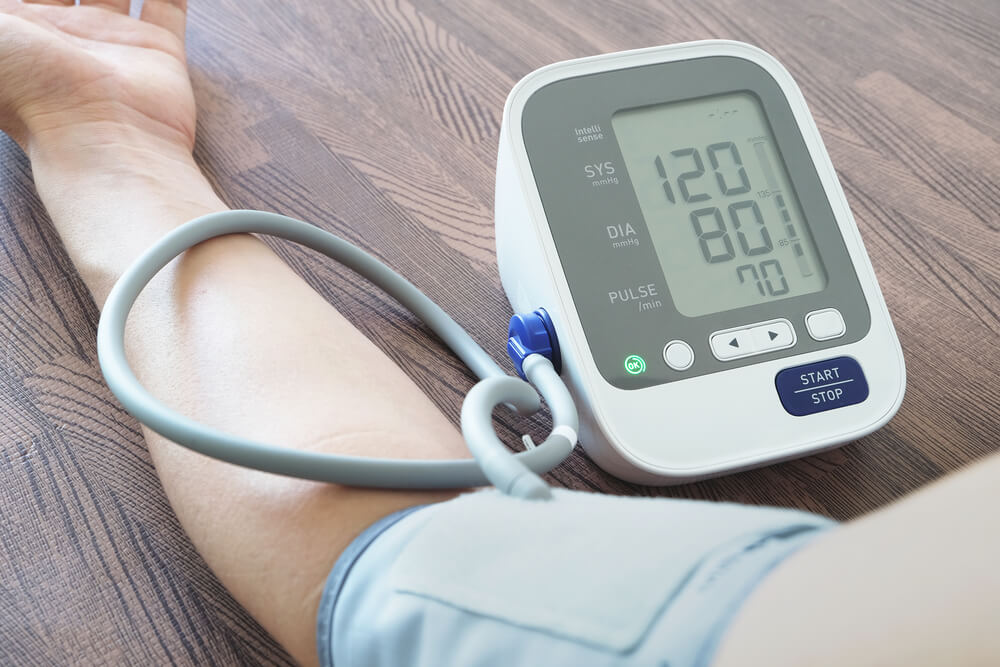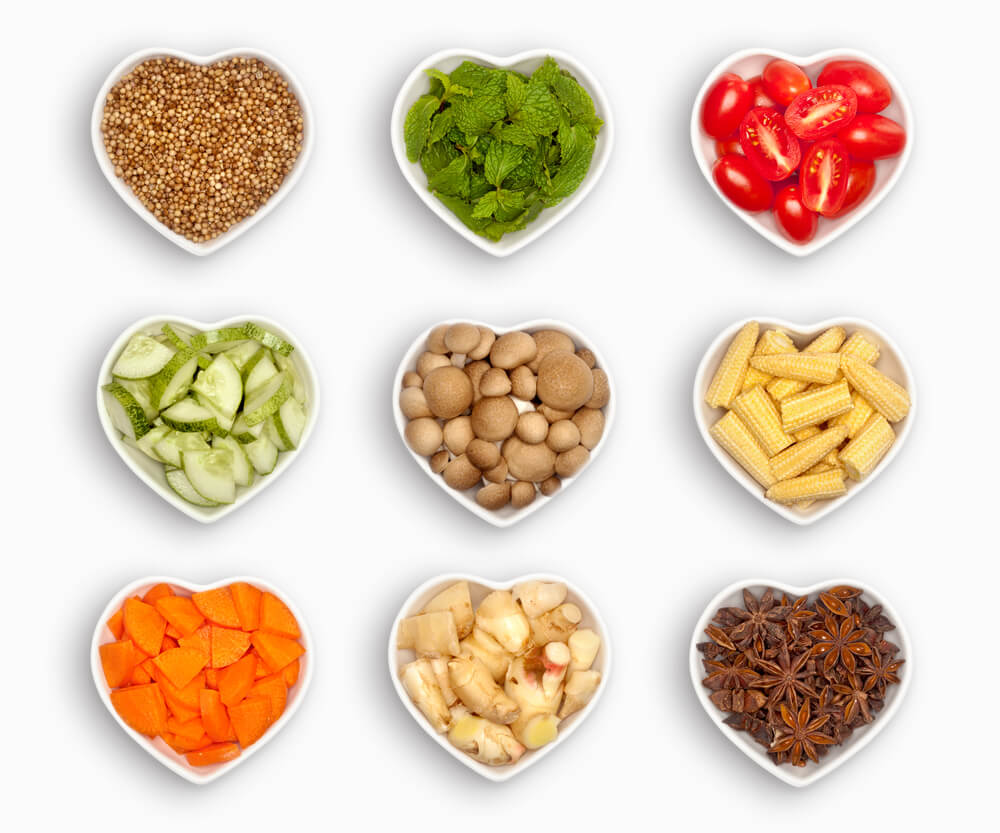According to the Centers for Disease Control and Prevention, high blood pressure, also known as hypertension, increases your risk for heart disease and stroke which are the leading causes of death in the United States. It’s important to know your risk factors and the steps you can take to decrease the chance of developing the condition and other associated health risks.
Did you know?
- Hypertension is defined as having a systolic blood pressure greater than 130 mm Hg, or a diastolic blood pressure greater than 80 mm Hg or taking medication for hypertension.
- Nearly half of adults in the U.S. have hypertension — about 119 million Americans.
- Only about 1 in 4 adults with hypertension have their condition under control.
- High blood pressure was a primary or contributing cause of death for 691,095 people in the United States in 2021.
What causes hypertension?
Why someone develops hypertension depends on uncontrollable and controllable factors. Certain medical conditions can increase your risk for hypertension, including being diabetic or having blood pressure that is slightly higher than normal. Statistics show 6 out of 10 people with diabetes also have high blood pressure.
Uncontrollable risk factors
Genetics, which can’t be changed, play some role in whether you’re more likely to develop hypertension.
- Family history — A family history of high blood pressure can mean you have a higher risk for the condition.
- Age — Blood pressure tends to naturally increase with age, so the risk for hypertension also increases with age.
- Race — Rates of hypertension vary by race as follows: 56% of non-Hispanic Black adults, 48% of non-Hispanic white adults, 46% of non-Hispanic Asian adults and 39% of Hispanic adults have high blood pressure.
Controllable risk factors
Lifestyle choices also play a role in whether you have high blood pressure. Here are some of the controllable factors and ways to lessen your risk. Always consult your primary care physician before you make changes to your diet, so you know what’s best for your situation.
- Unhealthy Diet
A diet high in sodium and low in potassium increases the risk of hypertension. And the American diet tends to be very high on salt. On average, Americans consume more than 3,400 mg of sodium per day, much of which comes from packaged, processed foods. The American Heart Association (AHA) recommends no more than 2,300 mg of salt a day for most adults and no more than 1,500 mg daily for people with high blood pressure. Reducing sodium intake is key for people with hypertension.
Potassium, ideally from fruits and vegetables, can lessen the effects of sodium on blood pressure. Adding more high-potassium foods into your diet can help, such as bananas, potatoes, beans and yogurt are good options.
- Lack of exercise
In addition to helping your heart and blood vessels stay strong, regular physical activity can help you maintain a healthy weight, lower stress and lower blood pressure. The AHA recommends getting at least 150 minutes a week of moderate-intensity physical activity. Find something you like to do, break it up into small blocks of time and try to include some muscle-strengthening and stretching, too.
- Being overweight
Your heart must work harder to pump blood and oxygen around your body when it is overweight. In addition to contributing to high blood pressure, being overweight can lead to heart disease and diabetes. Individuals who are overweight should talk with their health care provider about lowering their weight to a healthy level.
- Drinking too much alcohol
Drinking too much alcohol can raise your blood pressure and may reduce the effectiveness of blood pressure medications if you take them. Drink only in moderation. Generally, that means one drink a day for women and or two a day for men.
- Smoking
Smoking raises blood pressure, can damage the heart and blood vessels, and puts you at risk for heart attack and stroke. Quit smoking to reduce your risk of heart disease, improve your overall health and help you live longer.
Mom's Meals®can help
We make it easy and convenient to help manage your hypertension. Try our delicious lower sodium and heart-friendly menu options. Created by professional chefs and designed by registered dietitians, they’re ready-to-heat-and-eat in minutes and delivered direct to your home.



